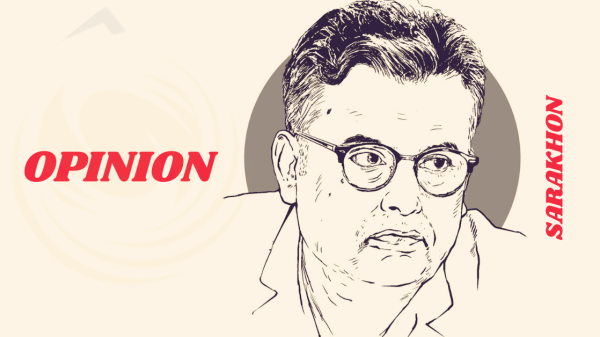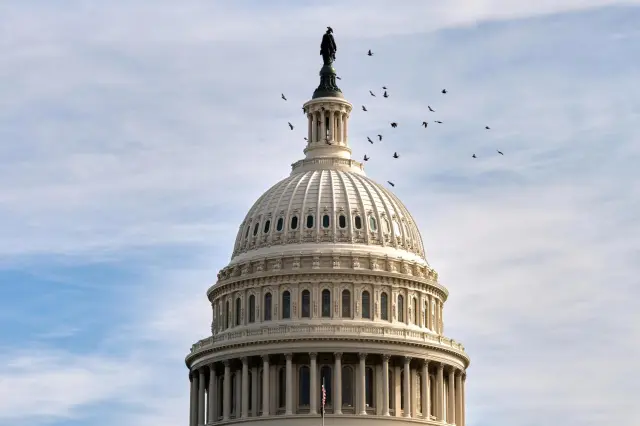INDIGENOUS COMMUNITIES FRONT AND CENTER AT COP30 IN BRAZIL

Focus shifts to guardians of biodiversity
This year’s UN climate talks in Belém opened with a promise: put Indigenous peoples—who safeguard vast biodiversity with minimal emissions—at the heart of negotiations. Delegations from Amazon nations and beyond highlighted land rights, loss-and-damage finance, and community-led forest protection. A power outage at the opening Indigenous event became a metaphor for resilience; songs and prayers continued without microphones, underscoring resolve. Organizers frame COP30 as an “implementation COP,” focused on executing past pledges rather than unveiling grand new treaties. Expectations are modest but concrete: scaling funds to protect forests, clarifying how climate finance reaches communities, and documenting traditional knowledge in adaptation plans.
Finance, credibility, and a hotter baseline
Scientists warn the world is off-track for 1.5°C; extreme heat and wildfire seasons have normalized. That raises the stakes for credibility: pledges must convert into money, monitoring, and measurable protections. Indigenous leaders want safeguards so funds bypass bureaucratic bottlenecks and reach on-the-ground projects—firebreaks, community patrols, climate-smart agriculture. Brazil touted a “people-first Amazon” narrative, even as critics pressed it on oil exploration near sensitive areas. Negotiators also debated how AI- and data-center-driven electricity demand complicates decarbonization plans. For the broader public, the COP’s test is simple: are forests safer next year, and are frontline communities better equipped? If Belém delivers transparent finance channels and verifiable protection of land rights, it could mark quiet but real progress.





















